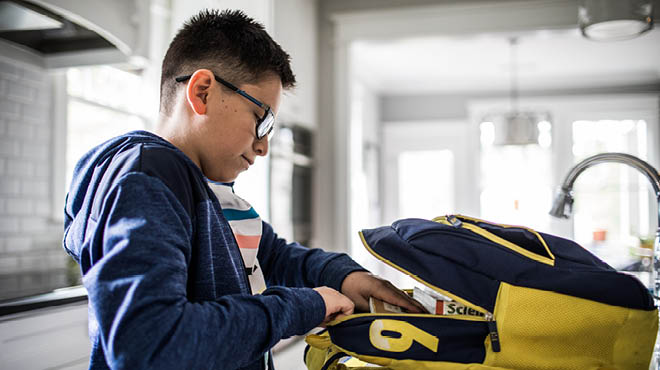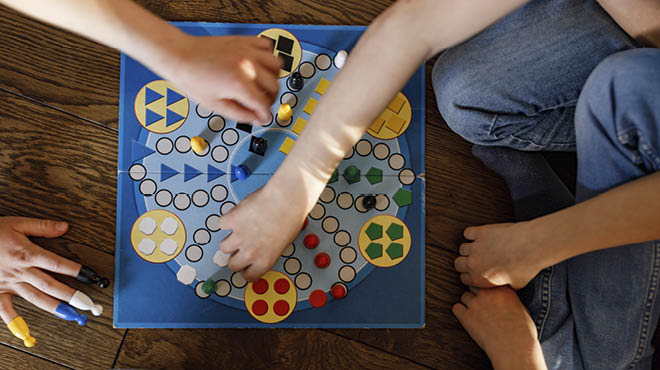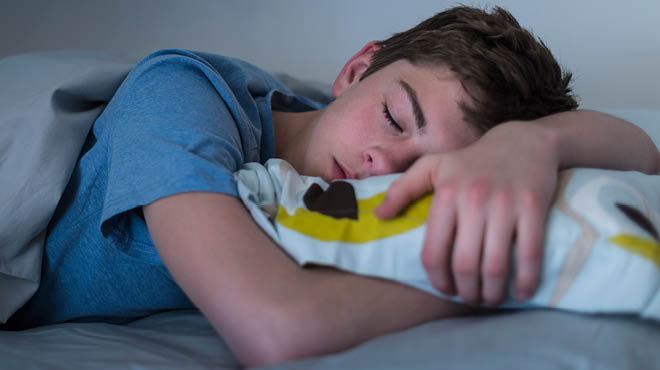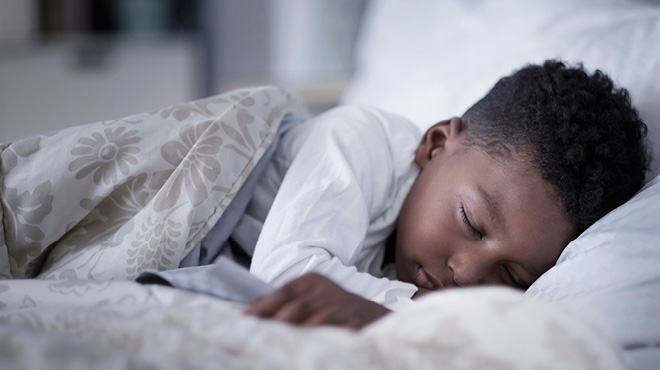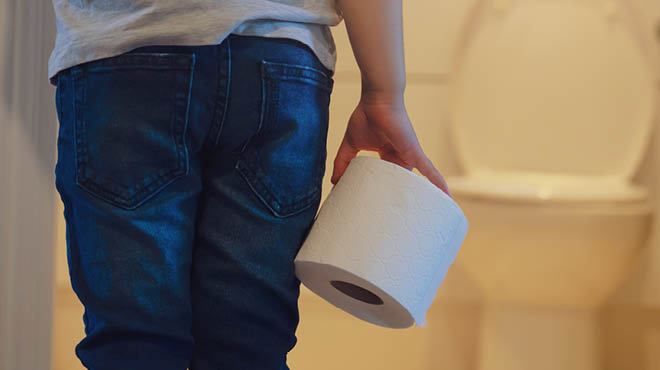Recent Posts
Melatonin use in children: Is a sleep aid supplement safe?

Melatonin is a hormone naturally produced in the brain that's linked to your body's sleep and wake cycle. The natural release of melatonin is stimulated by darkness and suppressed by daylight. It's also available as a supplement that you can take as a pill or chewable gummy.
As a supplement, a small dose can trigger your body to produce melatonin that makes you feel sleepy and helps you fall asleep.
More people are asking their healthcare team about melatonin and report using it, including parents giving it to children. Here's what you need to know about melatonin use in children and how to improve sleep hygiene without a sleep aid.
Research on melatonin
In the U.S., melatonin is available over the counter as a dietary supplement. This differs from other countries, such as the United Kingdom, Japan and Australia, where melatonin is regulated as a prescription medication.
Research has shown that melatonin generally is safe for short-term use in adults and adolescents. Fewer studies have been done to evaluate the effects of its long-term use and safety. It's also unclear whether melatonin supplements are safe for children.
Melatonin use and side effects
While melatonin can help children fall asleep, it doesn't keep them asleep.
Difficulty falling or staying asleep can be a sign of an issue in the body, including:
- Iron deficiency can cause restlessness during sleep.
- Enlarged tonsils or adenoids can lead to snoring or obstructive sleep apnea.
- For children who have nightmares, melatonin may make dreams more vivid, which can worsen sleep.
That's why it's crucial to consult with your child's healthcare team to find and treat issues causing sleep disturbances.
Melatonin may be recommended for children with neurological conditions like autism spectrum disorder or attention-deficit/hyperactivity disorder, or ADHD, and managed with routine evaluation and follow-up by their healthcare team.
In gummy form, melatonin supplements can be enticing for children, leading to a risk of overconsumption. Taking a large dose of melatonin can cause gastrointestinal issues or irritability. A large dose also can keep your child's body from naturally producing melatonin to make them sleepy.
Evaluate sleep hygiene
Melatonin use is intended as a short-term aid. When sleep issues are a long-term problem for children, evaluating sleep habits and the environment can identify the causes of those issues. Many sleep-related disturbances in children can be addressed with a consistent nighttime and sleep routine.
Here are some things to consider when striving for good sleep hygiene:
- Limit screen use.
Looking at a backlight screen tells the brain it's time to be awake and engaged. Watching TV, using a phone or tablet, or playing a video game before bed does not allow your child's brain to relax and prepare for sleep. Stop any screen use 30 minutes to an hour before bedtime. - Have a routine.
A consistent nighttime routine with an age-appropriate bedtime can help with the natural release of melatonin. Taking a bath or shower, reading and quietly relaxing can help set the tone for sleep. - Create a sleep-friendly space.
A dark, quiet room is ideal for sleep. Lights should be kept low or dim. Place phones or devices that could make noise and disrupt sleep in another room. - Aim for eight to 10 hours of sleep.
Busy schedules and commitments can easily affect sleep schedules for children. Try to keep your child's sleep schedule consistent throughout the week for a regular wake/sleep rhythm.
Sarah Scherger, M.D., is a pediatrician in Austin, Minnesota.


